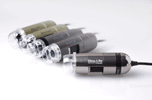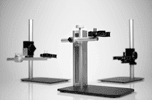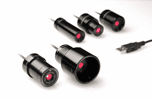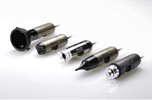Dino-Lite supports higher education in Africa
Tom Baden is a postdoctoral neuroscientist at the University of Tübingen in Southern Germany. His research is mainly focused on the eyesight of mice. Together with his colleague Lucia Prieto of Lausanne University, Switzerland, he recently founded the "TReND in Africa" volunteer organization. The acronym stands for Teaching and Research in Neuroscience for Development. Sadiq Yusuf of Kampala International University, Uganda, was also involved in the founding of TReND in Africa. Dino-Lite has donated several digital microscopes to the organization. Tom: "We are very happy with this as we completely rely on gifts and used lab material.
Very suitable
TReND in Africa aims to acquaint upcoming scientists from African countries with neuroscience and neurogenetics. "This is the third year that we have organized a summer school", says Tom Baden. "We teach students from all over Africa on site in neurosciences and neurogenetics. Traditionally, much research in the area is being carried out using mice and rats, but these are quite expensive as test animals. Therefore we teach our students to work with fruit flies and other insects that are much cheaper and well suited to serve as model systems a wide range of neuroscientific questions."
The Dino-Lite is very suitable to study the transgenic fruit flies. "In combination with the right filters, the Dino-Lite with UV light can work to visualize genetically encoded fluorescent markers in both the fruit flies and their larvae. And we use them when dissecting larger invertebrates such as crickets and cockroaches to teach the students the basics of electrophysiological techniques. The white light of the built-in LED's is very helpful for this. The Dino-Lites are easy to use and have a very high image quality. We look at the images on the screens of the 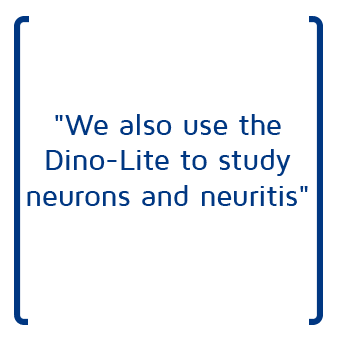 computers in the lab."
computers in the lab."
At the end of the summer course Baden left the Dino-Lites behind. Tom: "Our target is not only transferring knowledge but also helping to increase the level of the higher education in Africa. By bringing knowledge and leaving teaching materials behind we hope that university students can reach a higher level and the number of African scientists will increase."
 English
English  Français (French)
Français (French)  Deutsch (German)
Deutsch (German)  Español (Spanish)
Español (Spanish)  Nederlands (Dutch)
Nederlands (Dutch)  Italiano (Italian)
Italiano (Italian)  Dansk/Norsk
Dansk/Norsk  Svenska (Swedish)
Svenska (Swedish)  Polski (Polish)
Polski (Polish)  Čeština (Czech)
Čeština (Czech)  Türkçe (Turkish)
Türkçe (Turkish)  Русский (Russian)
Русский (Russian)  Arabic (اللغة العربية)
Arabic (اللغة العربية) 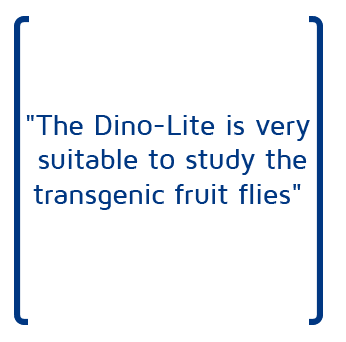




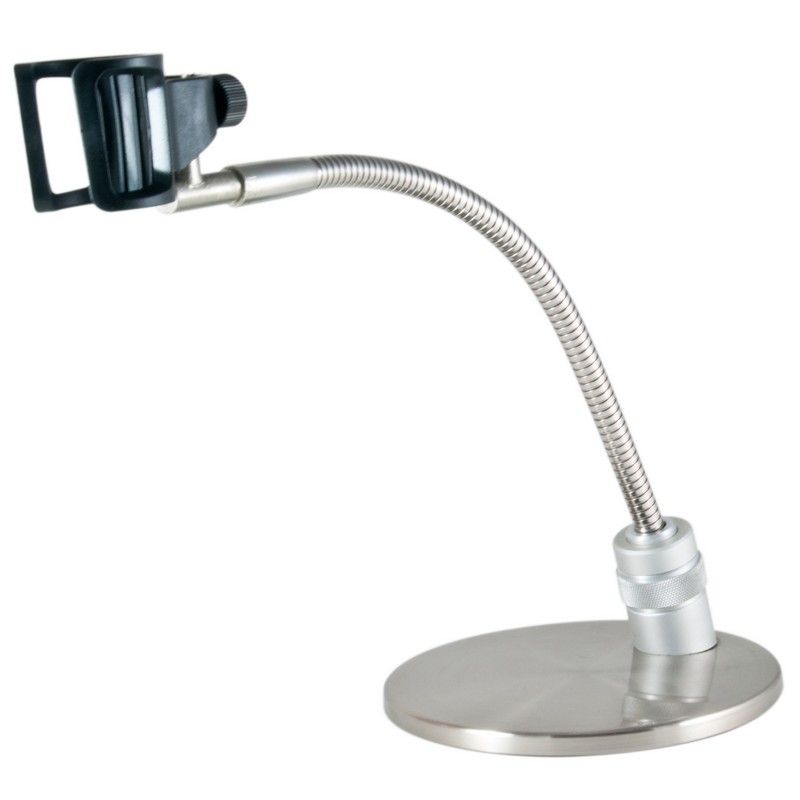 Round metal base with flexible arm and holder for the Dino-Lite. The MS33W has the possiblility to vary the height (appr. 15 mm) with a turning knob in the base.
Round metal base with flexible arm and holder for the Dino-Lite. The MS33W has the possiblility to vary the height (appr. 15 mm) with a turning knob in the base. The MS23B is a desktop clamp with flexible gooseneck that can be clamped to a desktop or any other surface of up to 3cm thick.
The MS23B is a desktop clamp with flexible gooseneck that can be clamped to a desktop or any other surface of up to 3cm thick.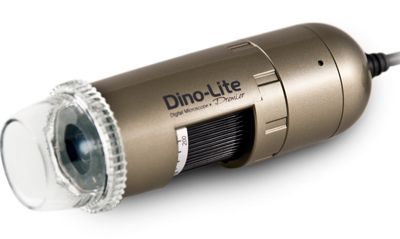 By using a special polarization filter, the AM4113ZT is the right choice when working with high glare materials such as plastics and metals.
By using a special polarization filter, the AM4113ZT is the right choice when working with high glare materials such as plastics and metals.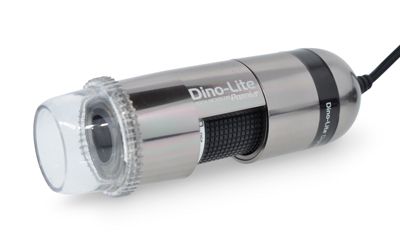 The Dino-Lite AM7013MZT has a 5 megapixel sensor for crystal clear images, even under higher magnification. The built-in adjustable polarizer reduces glare and reflection on shiny objects.
The Dino-Lite AM7013MZT has a 5 megapixel sensor for crystal clear images, even under higher magnification. The built-in adjustable polarizer reduces glare and reflection on shiny objects.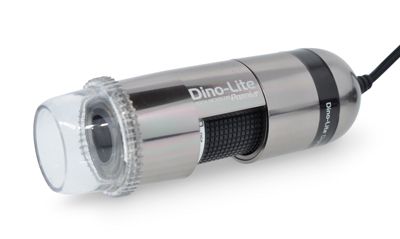 By using a special polarization filter, the AM4013MZTL is the right choice when working with high glare materials such as plastics and metals. This model features an aluminum alloy housing for enhanced protection and durability and the best look and feel.
By using a special polarization filter, the AM4013MZTL is the right choice when working with high glare materials such as plastics and metals. This model features an aluminum alloy housing for enhanced protection and durability and the best look and feel.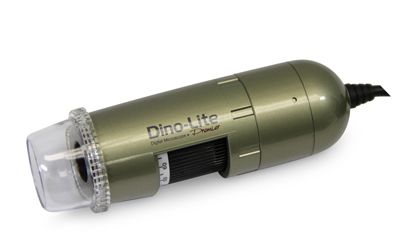 By using a special polarization filter, the AM4113ZTL is the right choice when working with high glare materials such as plastics and metals.
By using a special polarization filter, the AM4113ZTL is the right choice when working with high glare materials such as plastics and metals.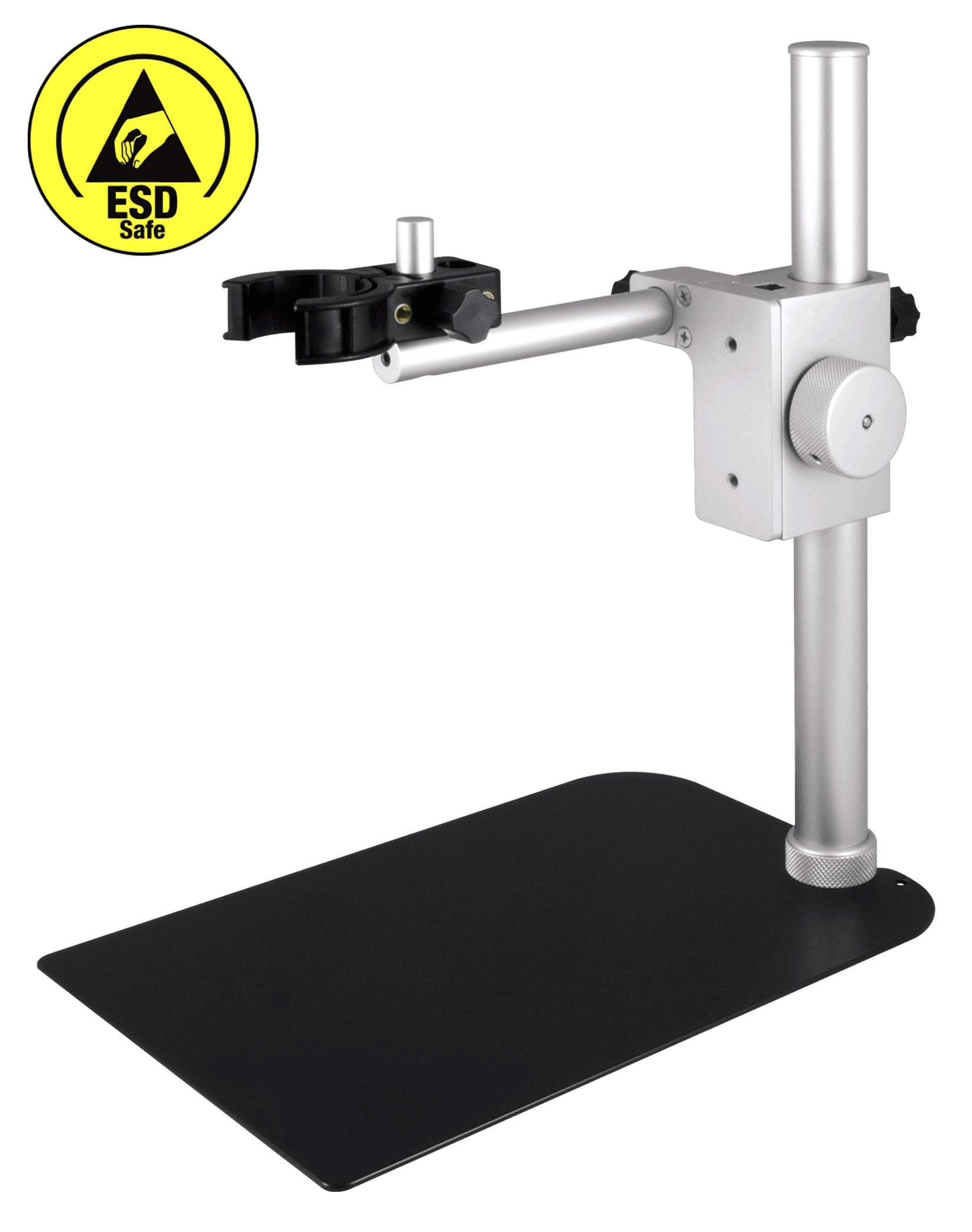 The Dino-Lite RK-06-AE stand is a sturdy and stable mid-range stand solution that can be used with all Dino-Lite digital microscopes. It is constructed of stainless steel and lightweight aluminum and offers precise fine-focus adjustment as well as a quick vertical release function.
The Dino-Lite RK-06-AE stand is a sturdy and stable mid-range stand solution that can be used with all Dino-Lite digital microscopes. It is constructed of stainless steel and lightweight aluminum and offers precise fine-focus adjustment as well as a quick vertical release function.
 The Dino-Lite AD7013MZT has a 5 megapixel sensor for crystal clear images, even under higher magnification. The built-in polarizer reduces the shiny effect on reflecting materials, such as metals, plastics, jewelry, electronics etc.
The Dino-Lite AD7013MZT has a 5 megapixel sensor for crystal clear images, even under higher magnification. The built-in polarizer reduces the shiny effect on reflecting materials, such as metals, plastics, jewelry, electronics etc.